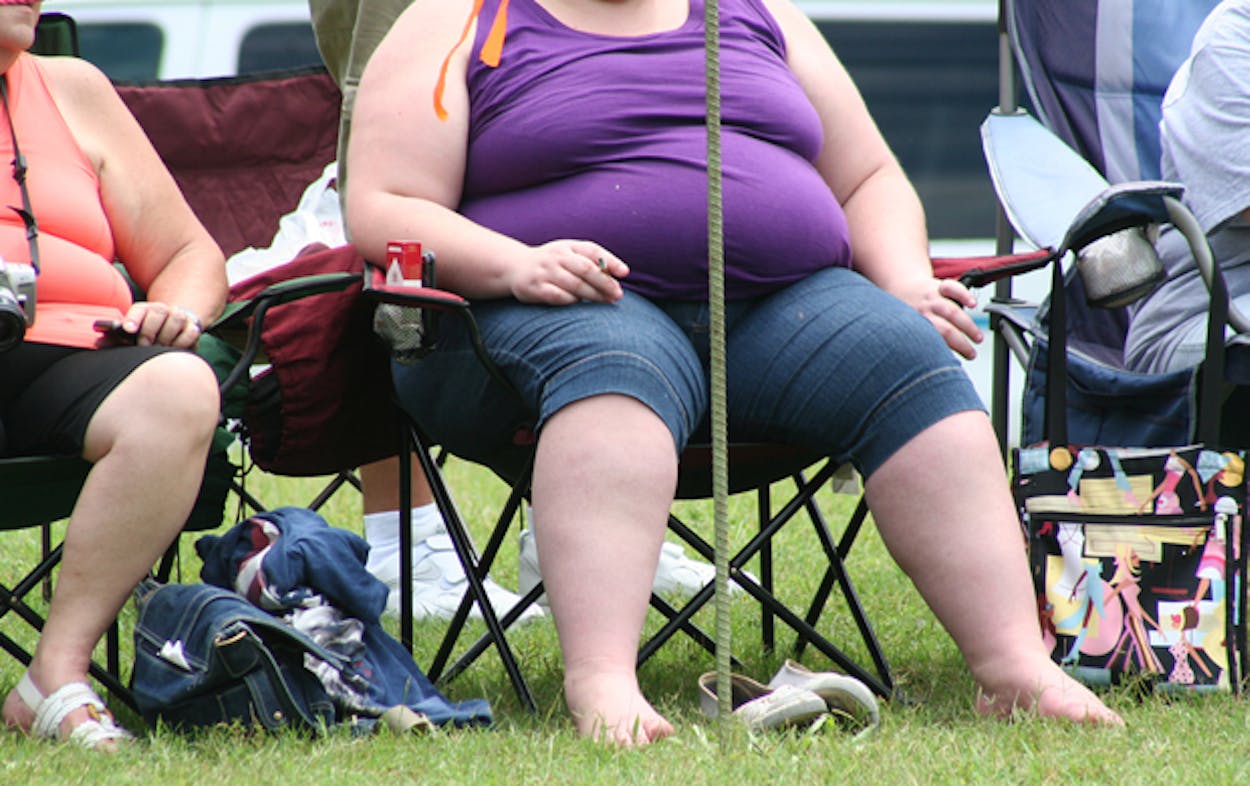Texas, despite its reputation of being a fat state—Corpus Christi, El Paso, Dallas, San Antonio, and Houston made the Men’s Health 2010 list of the top 10 fattest metro areas—is also churning out research on how people can shed, and keep off, weight.
A paper on “mindul eating”—written by researchers at the University of Texas and published in the Journal of Nutrition Education—outlines ways restaurant-lovers can avoid packing on the pounds when eating out. Participants in the study who practiced “mindful eating” while dining in restaurants lost an average of 3.75 pounds over the course of the six-week study.
“Slowing down was really key. You’re paying attention to the texture [of each bite] and taste and smell,” Gayle Timmerman, Ph.D., a nursing professor at The University of Texas at Austin, told NPR. “You’re really kind of savoring it.”
“Mindful” choices included choosing white rice over fried or black beans over refried (best of luck at most Tex-Mex joints), and opting for smaller portion sizes, CNN reported.
Texas also is home of groundbreaking research on obesity drugs: scientists at MD Anderson are testing a new fat-zapping drug, on a troop of obese rhesus monkeys at the cancer center’s monkey research facility outside Bastrop, Houston Chronicle reported.
The drug, Adipotide, has been shown to cause mice to shed thirty percent of their mass. The drug had the same slimming effect on the monkeys, helping them lose, on average, eleven percent of their body weight, according to an MD Anderson study released in Science Translational Medicine in November.
The drug works by “seek[ing] out the particular blood vessels that fatty tissue needs for nourishment then causes cells in those vessels to die,” NPR reported. No serious side effects have been recorded.
No effort was made to fatten the monkeys used in the study. They were “spontaneously obese,” which means, according to an MD Anderson press release, that “[n]o specific actions were taken to make them overweight; they became so by overeating the same foods provided to other monkeys in the colony and avoiding physical activity.” Only two percent of monkeys tend to become obese, according to the Chronicle.
Human trial on obese prostate cancer patients is in the works, Bloomberg reported.







